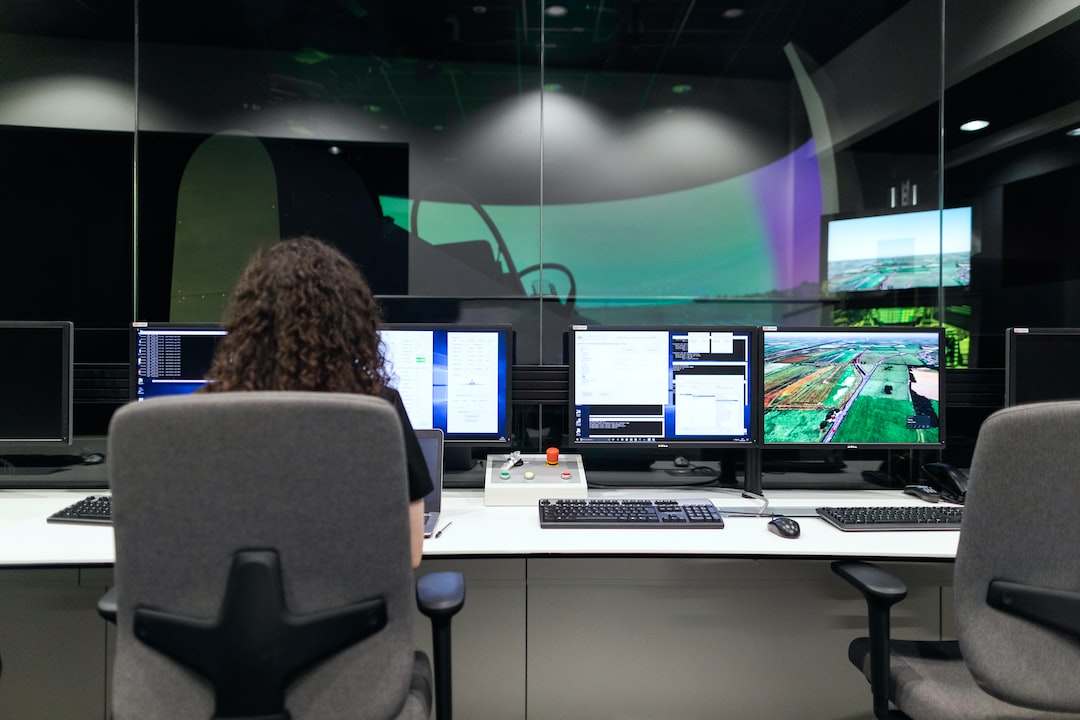The process of selecting and confirming judges for the federal judiciary has become a divisive and highly political issue in recent years. The appointment of judges is an essential role for the President, and while the process is technically supposed to be impartial and based on merit, it has become increasingly politicized as lawmakers seek to advance their own agenda.
One of the key issues with judicial nominations is the partisanship that has crept into the process. In the past, judges were appointed based on their qualifications and experience, with little attention paid to their political affiliation. Now, however, Democrats and Republicans are concerned mainly with appointing judges who will align with their specific ideology and rule in their favor. This has led to a breakdown in the integrity of the judiciary, with many concerned that judges are no longer impartial arbiters of the law but rather political actors acting on behalf of their political party.
The issue of judicial nominations has become especially controversial in recent years. President Trump, for example, has made it a priority to appoint conservative judges to the federal courts, hoping to shape the judiciary in his party’s image. This has led to fierce opposition from Democrats, who see the appointments as an attempt to erode civil rights protections and limit access to healthcare, among other things.
The politics of judicial nominations has also been evident in the confirmation process itself. As both parties have become more entrenched in their respective ideologies, confirmation hearings have devolved into partisan battles, with senators using the process to make political statements and attack their opponents. This has made it difficult for judges with moderate views or who are not closely aligned with a particular party to be confirmed, further exacerbating the partisanship of the judiciary.
Another factor influencing the politics of judicial nominations is the role that interest groups play in the process. Interest groups on both sides of the political spectrum are heavily involved in the selection and confirmation of judges, advocating for nominees who share their specific values and policy positions. This has further polarized the process and made it difficult for judges who are not associated with a particular interest group to gain appointments.
In conclusion, the politics of judicial nominations has become a significant issue in the United States, with both parties seeking to shape the judiciary in their own image. Partisanship has eroded the impartiality of judges and made confirmation hearings more political than ever before. The role of interest groups in the process has further contributed to the polarization of the judiciary, making it difficult for judges with moderate views to gain appointments. Ultimately, the politicization of the judiciary threatens the integrity of the judicial branch and undermines confidence in the rule of law.

